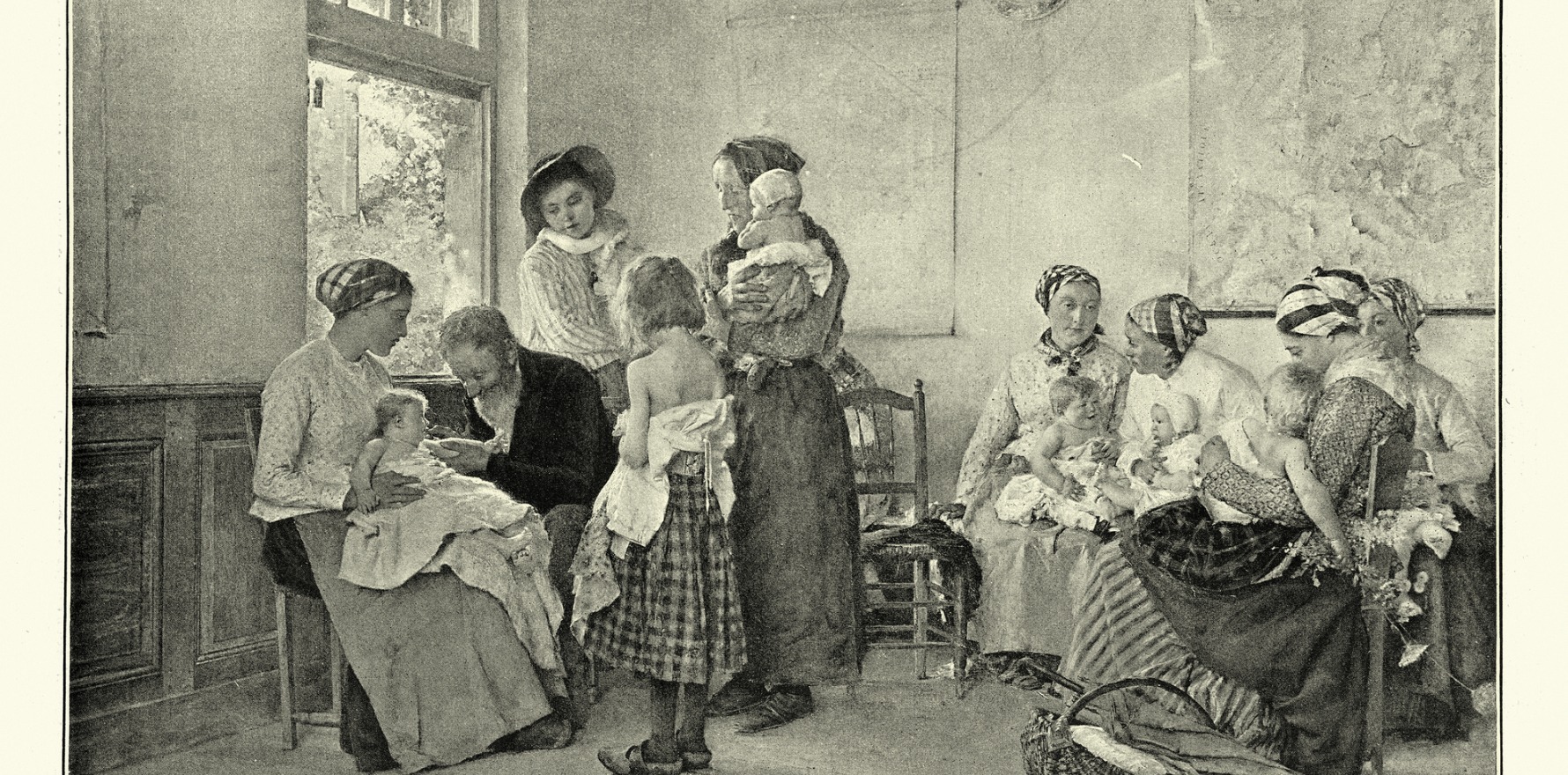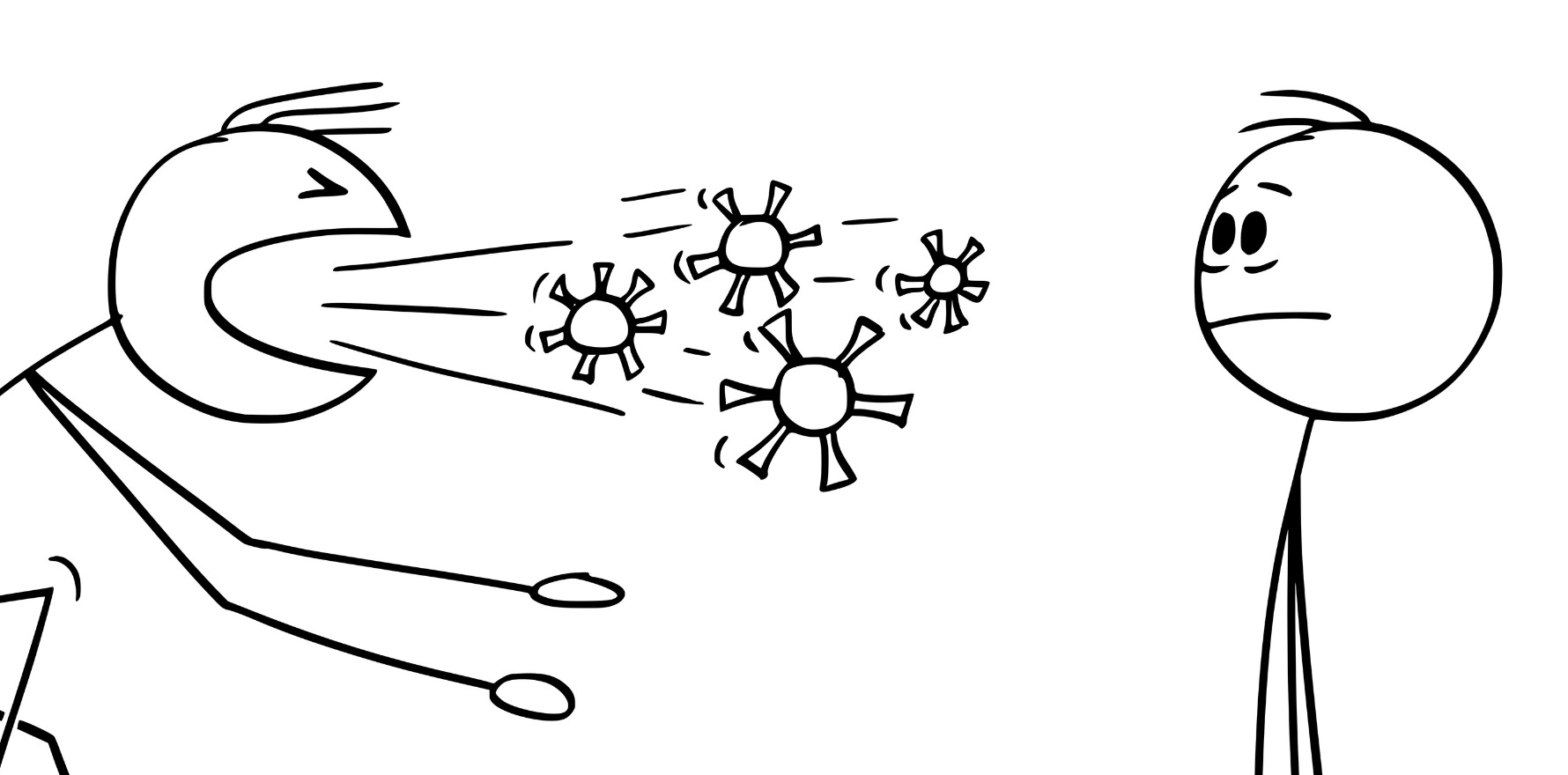Parents don’t think it’s a serious illness, but they will listen to GPs, a large national survey has found.
Just over a quarter of children under five were vaccinated against influenza this year, according to a large survey by the Immunisation Coalition, which is calling on GPs and government to be even more proactive in recommending the shots to parents.
The national rate was 27%, with the highest proportion (45%) in the ACT and the lowest (22%) in Western Australia.
The coalition interviewed 171 parents of young children in detail in focus groups and more than 25,000 on the phone and online in August and September.
Only 22% of the parents had themselves received the vaccine this year.
There have been 350,264 lab-confirmed cases of flu reported to the National Notifiable Diseases Surveillance System since 1 January, more than 2023’s total of 289,131. Almost 48,000 this year have been in children aged 0-4.
The Australian Bureau of Statistics in August reported 310 deaths due to influenza in the year to date, the bulk of them in the elderly but including five females under 20.
According to the Immunisation Coalition survey, less than half of Australians (45%) are aware that children under five should be vaccinated against influenza every year, and fewer still (41%) are aware that this is free.
Nearly 60% of respondents had had child flu vaccination recommended to them by a GP or nurse practitioner this year.
Related
Of those who did vaccinate their children, 41% said advice from their GP or NP was the reason. In focus groups, that proportion was closer to half.
For those who did not, the top reasons were that influenza was not a serious disease (29%), that vaccination would not protect their child (17%) and that the vaccine might harm their child (12%).
Twenty-nine percent said they had been exposed to vaccine misinformation – e.g. the vaccine is not or not very effective, it can give children the flu, healthy children don’t need it – and 36% said it had influenced their decision whether to vaccinate. About half said the misinformation had come via social media; all other online sources accounted for 18% while only 4% cited mainstream media.
Explicitly anti-vaxxer sentiments included that it was natural for children to get the flu and less harmful than the vaccine, that it weakens’ children’s immune systems, and that it can cause autism. Only 26% of respondents said they had been exposed to such sentiments, with the highest rate of 30% in WA.
A quarter of the parents said anti-vaxxer sentiments had influenced their decision.





